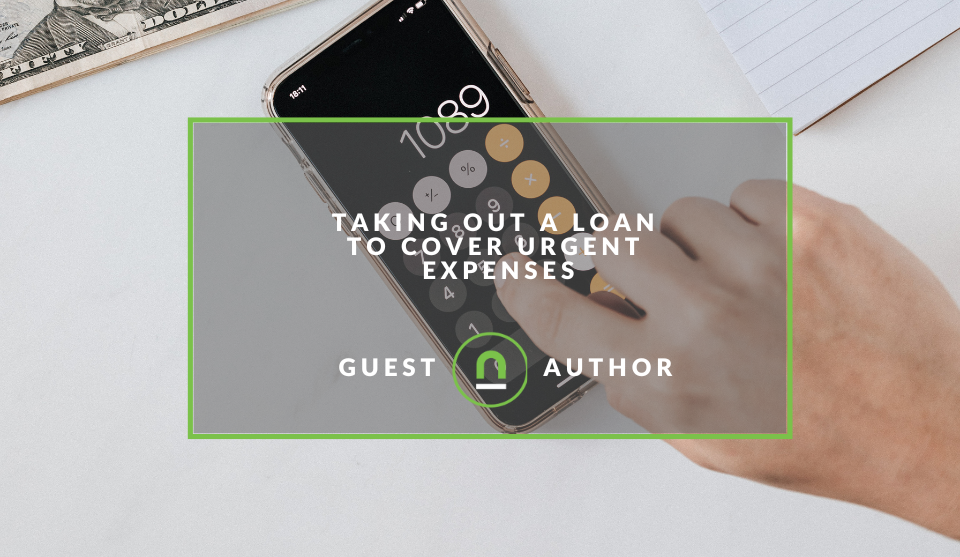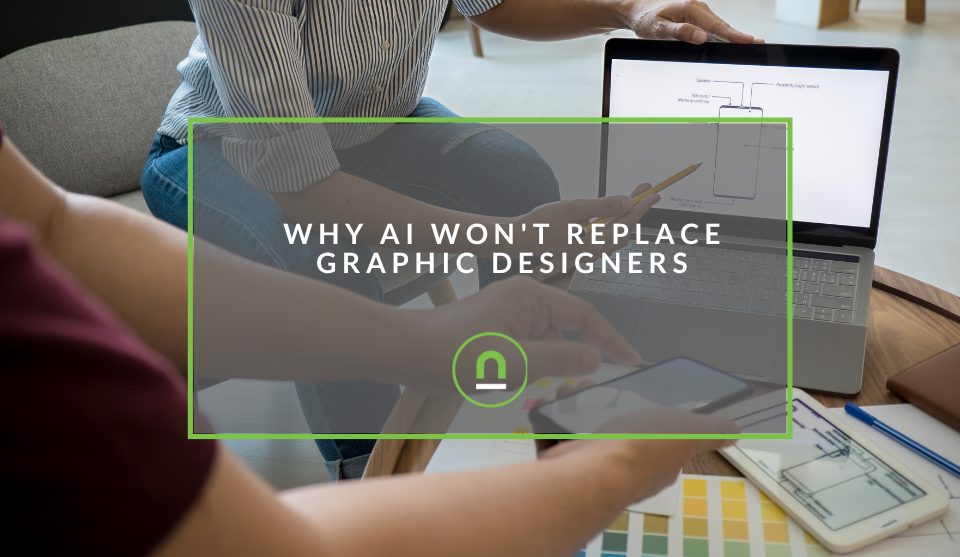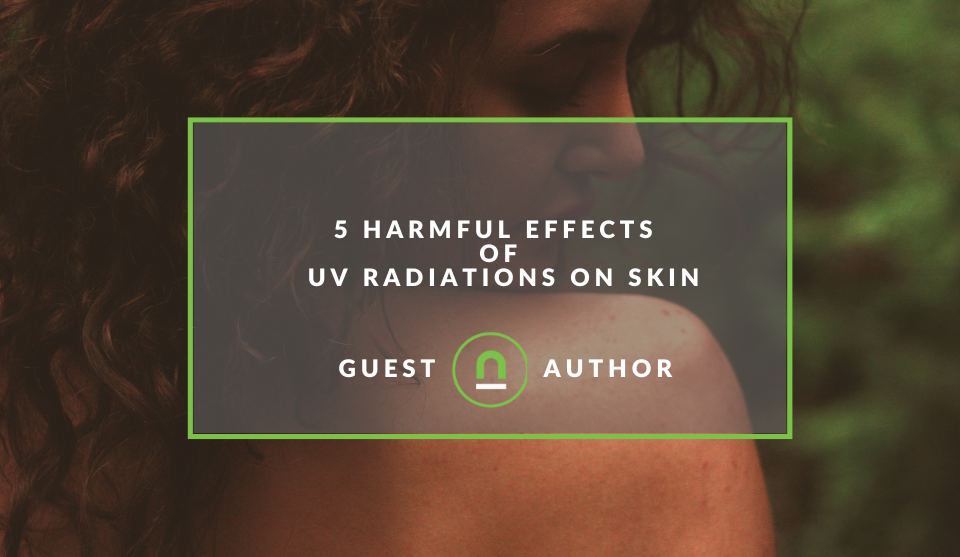Recent posts

The Great Outdoors
The Genetic Diversity Of Cannabis Seeds In South Africa
18 June 2025

Money Talks
Taking Out A Loan To Cover Urgent Expenses
17 June 2025

Money Talks
How To Choose the Right Payday Loan
16 June 2025

Temping
Why AI Won't Replace Graphic Designers
15 June 2025
Popular posts
Extravaganza
Trending Music Hashtags To Get Your Posts Noticed
24 August 2018
Geek Chic
How To Fix iPhone/iPad Only Charging In Certain Positions
05 July 2020
Extravaganza
Trending Wedding Hashtags To Get Your Posts Noticed
18 September 2018
Money Talks
How To Find Coupons & Vouchers Online In South Africa
28 March 2019
5 Harmful Effects of UV Radiations on Skin
13 December 2022 | 0 comments | Posted by Dan Martin in Beauty Basics
There is no doubt that too much sun can harm your skin. But did you know that UV radiation can also have long-term effects on your health? In this blog post, we will explore five harmful effects of UV radiation on your skin.
From wrinkles to skin cancer, there are many ways that the sun can damage your skin. So next time you head outdoors, be sure to take precautions to protect yourself from overexposure to harmful UV rays. Significance of Skin Protection
Your skin is your body's largest organ. It plays a vital role in protecting you from harmful ultraviolet (UV) radiation, yet it's also one of the most exposed. That means it's vulnerable to all sorts of things—including harmful UV radiation from the sun.
Too much exposure to UV radiation can cause serious health problems, including cancer. Among cancers in the United States, skin cancer is the most common.
Fortunately, there are ways to protect yourself from UV radiation. Wearing sunscreen with a high SPF is a good start, but you should also limit your time in the sun. Another way of protecting your skin from UV rays is wearing protective clothing. UV Skinz offers good quality UPF 50+ sun protective clothing. The range has everything from UV swimwear to SPF shirts for you and your family.
Keeping your skin protected from the sun is important to prevent the consequences of short- and long-term exposure to UV rays. Types of UV Radiation and its Effect on Skin
When we think of UV radiation, we typically think of sunlight. But UV radiation is actually a type of electromagnetic radiation that comes from the sun, as well as artificial sources like tanning beds and welding torches.
The main types of UV radiation are UVA, UVB, and UVC.
- UVA Radiation is the most common type of UV radiation. It makes up about 95% of the UV radiation that reaches the Earth's surface. They are relatively long in wavelength and can penetrate deep into the skin, where they cause premature ageing and increase the risk of skin cancer.
- UVB Radiation is the main cause of sunburns. It makes up about 5% of the UV radiation that reaches the Earth's surface. They are shorter in wavelength than UVA rays and cannot penetrate as deeply into the skin, but they are more likely to cause sunburns. In addition to UVA rays, UVB rays also cause skin cancer.
- UVC radiation is the most hazardous type of UV radiation. UVC rays are even shorter in wavelength than UVB rays and are completely absorbed by the Earth's atmosphere, so they don't reach us on the ground. However, they can be produced by artificial sources like welding torches and germicidal lamps, so it's important to protect your eyes and skin when exposed to these sources.
5 Harmful Effects of UV Radiation on Skin
When exposed to ultraviolet (UV) radiation, the skin reacts by producing melanin, a dark brown or black pigment in the epidermis or the outermost layer of skin. Melanin protects the skin from UV radiation by absorbing and scattering harmful rays. However, when skin is exposed to too much UV radiation, it can lead to several problems, including:
Sunburns
This is the most common effect of overexposure to UV radiation. Sunburns appear as red, painful skin that is sometimes blistered. They usually occur after a few hours of exposure and can last for several days or weeks.
Wrinkles and Premature Aging
One of the most visible effects of sun damage is wrinkles and premature ageing. Ultraviolet radiation breaks down collagen in the skin, leading to wrinkles formation.
In addition, UV rays can cause age spots and other types of pigmentation. You should protect your skin from the sun if you want it to look young and healthy.
UV-blocking clothing can greatly help you with filtering out UV rays when you are exposed to the sun. One of their main advantages is that they avoid the need for reapplication of sunscreens every few hours.
Skin Cancer
Skin cancer is one of the most serious effects of UV radiation. According to the American Cancer Society, skin cancer is the most common type of cancer in the United States. UV radiation from the sun is a known carcinogen, which is the main cause of cancer. Prolonged exposure to UV rays can damage the DNA in cells and lead to the development of skin cancer.
Ultraviolet rays can damage the DNA in skin cells, which can lead to the development of skin cancer. Be sure to take precautions to protect your skin from the sun, such as wearing sunscreen, sun protective fabrics, and staying in the shade when possible.
Eye Damage
UV radiation can also damage your eyesight. Getting too much UV radiation exposure can lead to cataracts, macular degeneration, and other eye problems. Prolonged exposure to UV rays can damage the cornea and lead to blindness.
So if you're going to be spending time outdoors and you are concerned about your vision, it's essential to take precautions to protect your eyes. Be sure to wear SPF hats and sunglasses that offer UV protection.
Dehydration
UV radiation can cause dehydration by damaging the body's cells and causing them to lose water. This can lead to a variety of health problems, such as fatigue, headache, and muscle cramps.
When you are out in the sun during your vacation or your beach party, you could easily get exhausted without even noticing. Do not forget to carry your electrolytes, water, and UV swimwear to keep dehydration in check.
How to Protect Your Skin from UV Radiation?
There are three primary ways to protect your skin from UV radiation: clothing, sunscreen, and avoiding sun exposure.
- Sun Protection Clothing is the best form of protection from UV radiation. Wear sun protection clothing, including an SPF hat, long-sleeved SPF shirt, hats for sun protection, UV swimwear, etc. If you are in the sun for a long period, consider wearing a wide-brimmed SPF hat or visor.
- Sunscreen is another important way to protect your skin from UV radiation. Choose a sunscreen with an SPF of 30 or higher, and apply it generously and evenly to all exposed skin. Reapply sunscreen every two hours or more often if you're sweating or swimming.
- Avoid sun exposure to protect your skin from UV radiation. Stay away directly from the rays of the sun during its peak from 10 am to 4 pm. If you must be in the sun, seek shade whenever possible.
Other ways to protect yourself from harmful UV rays are as follows:
- Be especially careful around water, snow, and sand, which reflect the sun's rays and can increase your exposure.
- Remember that UV radiation can penetrate clouds, so don't let cloudy skies fool you into thinking you don't need protection. Take extra care to protect babies and young children from the sun, as their skin is more sensitive to UV radiation.
- Avoid tanning beds.
- Finally, keep in mind that UV radiation can also damage your eyes, so be sure to wear sunglasses that block out at least 99% of UVA and UVB rays.
Always remember that the best way to protect yourself from harmful UV radiation, still, is to limit your exposure by staying out of direct sunlight.
Conclusion
It is important to be aware of the harmful effects of UV radiation on the skin, as it can lead to several serious health problems. We hope this article has helped to increase your understanding of the risks involved and why taking steps to protect yourself from exposure is important. Remember, if you are going to be spending time outdoors, make sure to apply sunscreen liberally and frequently and stay in the shade as much as possible.
If you have any concerns about your skin or your risk of developing skin cancer, be sure to talk to your doctor.
If you do spend time in the sun, make sure to reapply sunscreen every two hours and after swimming or sweating. And remember, even if you're using sunscreen, it's still important to limit your time in the sun and wear UV-blocking clothes to reduce your risk of skin cancer.
Frequently Asked Questions (FAQs)
Are UV rays harmful to my skin?
Yes. Prolonged exposure to ultraviolet (UV) radiation from the sun or tanning beds is harmful to your skin.
What are the signs of skin damage from UV radiation?
The most common sign of sun damage is premature ageing of the skin, which includes wrinkles, roughness, and spotting. Other signs include changes in the appearance of moles, freckles, and birthmarks, as well as new growths on the skin. Overexposure to UV radiation increases the risk of skin cancer.
What are the symptoms of sunburn?
Symptoms of sunburn include redness, pain, swelling, and blistering of the skin. If you experience any of these symptoms after exposure to UV radiation, it is important to seek medical attention immediately.
What can I do to protect my skin from UV radiation?
There are many ways to protect your skin from UV radiation: use sunscreen with an SPF of 15 or higher; wear UV protective clothing; limit your time in the sun, especially during peak hours; and avoid tanning beds.
How can I treat skin damaged by UV radiation?
There are a few different treatment options available for people who have sustained damage to their skin from UV radiation. These include topical creams and ointments.
Tell us your story
Would you like to write for nichemarket just like Dan has? Find out how to submit a guest post and when you're ready, you can contact us.
Are you looking to promote your business?
Beauty businesses can create your free business listing on nichemarket. The more information you provide about your business, the easier it will be for your customers to find you online.
Registering with nichemarket is easy; all you will need to do is head over to our sign-up form and follow the instructions. If you require a more detailed guide on how to create your profile or your listing, then we highly recommend you check out the following articles.
Recommended reading
If you enjoyed this post and have time to spare, why not check out these related posts and dive deeper down the rabbit hole that is the beauty treatment.
- Creating A Self Care Bath Routine with CBD Soap
- 7 Ways Your Lifestyle Affects Your Skin
- 5 Cost Saving Tips for Growing Beauty Salons
- Tips For Building A Successful Skincare Brand
Tags: Skin Care, Beauty, Grooming, Guest Post
You might also like
Why AI Won't Replace Graphic Designers
15 June 2025
Posted by Che Kohler in Temping
AI has been seen as a threat to many tech and knowledge jobs, but we tend to discount the human advantage in the age of automation and DIY designers
Read more4 Benefits of Using Automatic Pallet Strapping Solutions
29 May 2025
Posted by Candice Reed in Hit the Road
We take a look at the top reasons why businesses should adopt automated pallet strapping for packaging, storage and logistics and how to get started
Read more{{comment.sUserName}}
{{comment.iDayLastEdit}} day ago
{{comment.iDayLastEdit}} days ago
 {{blogcategory.sCategoryName}}
{{blogcategory.sCategoryName}}

